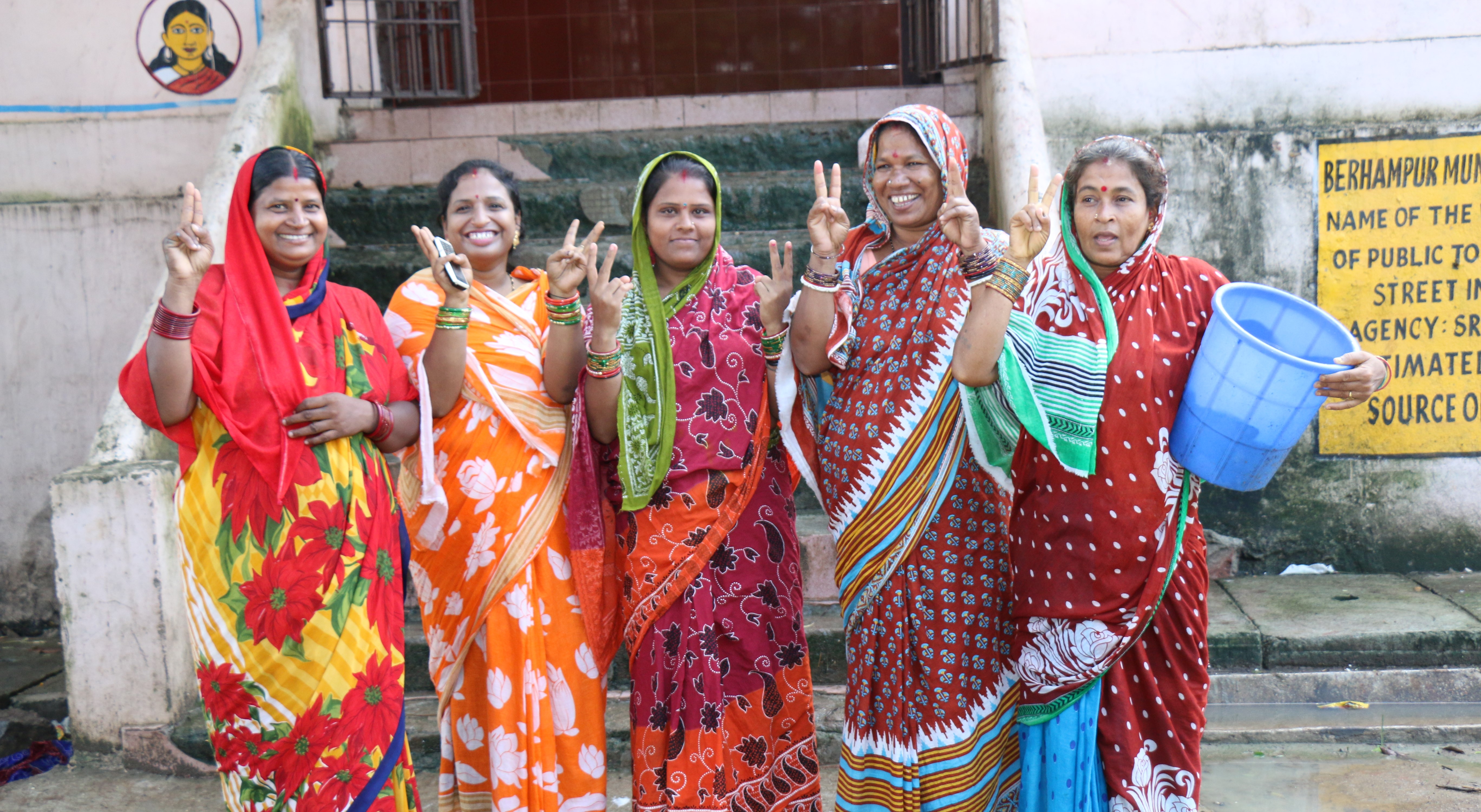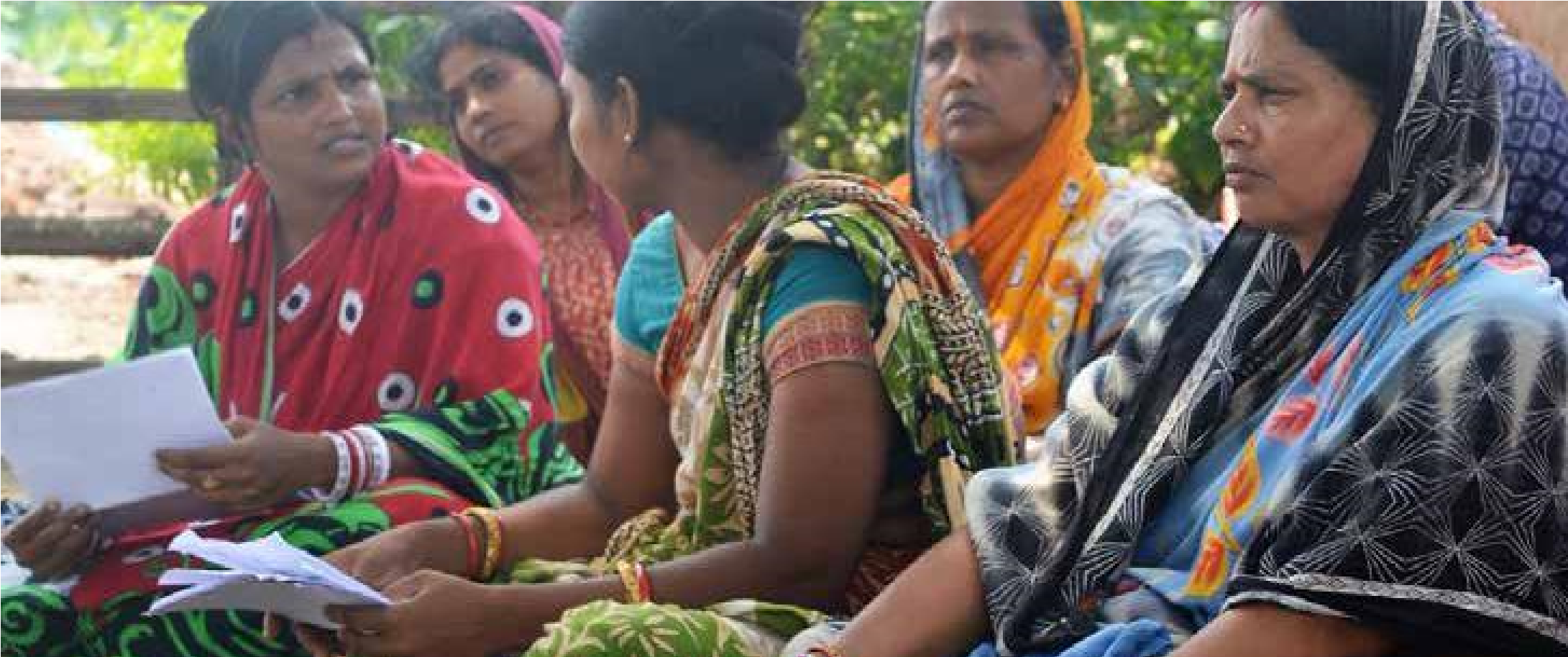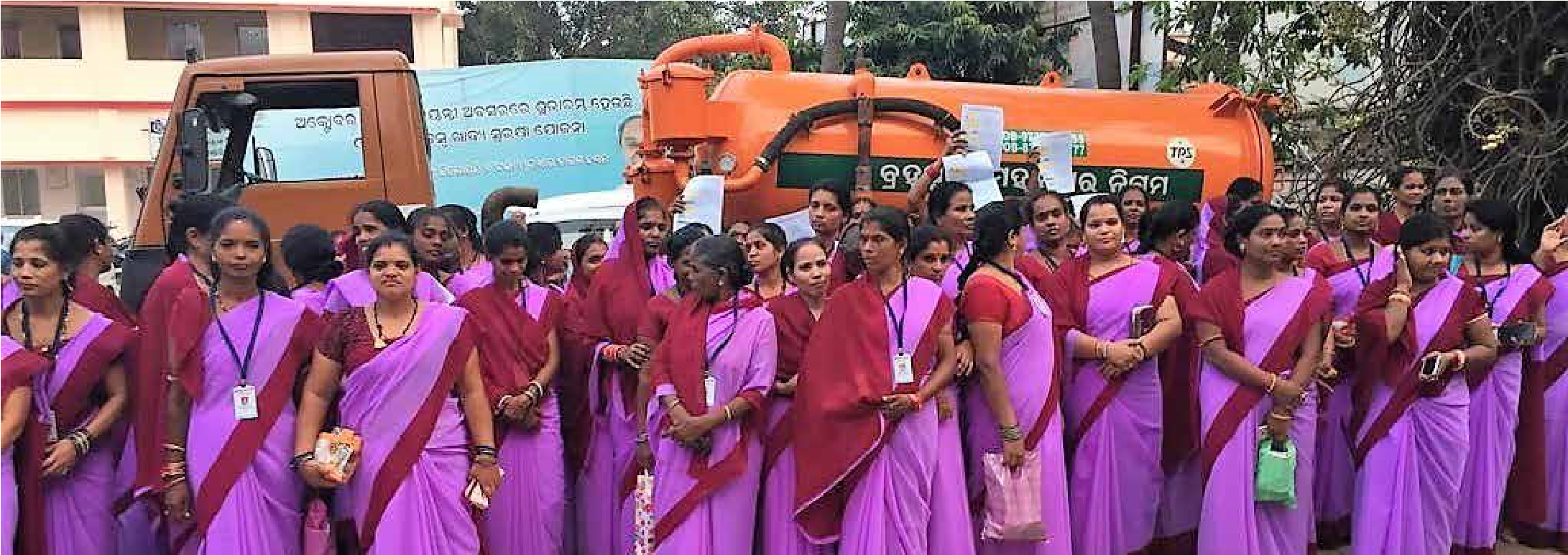City
Berhampur
Main actors
Local Government
Project area
Neighborhood or district
Duration
Ongoing since 2017
An FSSM program that improve health outcomes for citizens and provides employment opportunities for women
In 2018, The Berhampur Municipal Corporation adopted *Faecal Sludge and Septage Management (FSSM) Regulations to address critical health and environmental challenges. It was made mandatory for all cesspool emptier vehicles to dispose faecal waste only at the treatment plant. Non-compliance results in heavy penalty for operator
The City authorities reached out to communities to establish partnerships with local women’s collectives in the implementation of FSSM. Women manage the septage treatment plant in the city and promote new ways of mechanized desludging
*Faecal Sludge and Septage Management is the storage, collection, transport, treatment and safe end use or disposal of faecal sludge.
Guangzhou Award
This project was shortlisted for the 'Guangzhou Award' in 2021.
External links / documents
On Map
The Map will be displayed after accepting cookie policy



